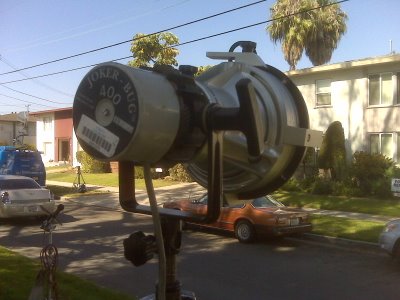Whether your workshop is in the garage or you have a dedicated room specifically for working on your construction projects, one of the most important factors that you need to consider is your workshop lighting.
A poorly lit work area does not only pose risks for accidents but you could also strain and hurt your eyes as you struggle to see whatever it is you are working on. This being said, it is important that you pay attention to the kind of lighting that you have in your work area.
Considerations for Workshop Lighting
1. Type of light. Your first consideration when deciding on your lighting for the workshop is the type of bulb or light that you will be using. Experts advise that the best lighting for workshops is fluorescent.
This casts very minimal shadows and is energy efficient – using less energy as compared to an incandescent light bulb – thereby saving you a few precious bucks on your electricity bill.
2. Location. Where you install your light is also very important. Your overhead lighting should be able to illuminate much of the room plus a few lighting fixtures spread out across your workshop is also ideal to keep the room well-lit.
Overhead lighting over your specific work area should be at least four feet above this location to provide enough light plus it will also make it easier for you to replace the bulbs once they expire.
For some people, other than overhead lighting, they also have a dedicated spotlight or floodlights on their specific work area to provide adequate lighting as they work on their projects.
Be sure that the position of your floodlights does not create shadows as you lean over your work area.
3. Installing lighting fixtures. If you are not very adept with electrical wirings, it is best to ask the help of an expert in this area. It is also recommended that you have a different circuit for your lighting fixtures and your tools.
This will reduce the risk of increased power surge.
4. Wall paint. The color of your walls actually contributes a great deal to the amount of light spread out across your workshop. Choosing a basic white color for your walls reflects the lights in your workshop thereby enhancing its illumination.
These basic tips on workshop lighting will help you determine where to place each of your lighting fixtures to provide as much light as possible to your work area as well as the rest of the workshop.



